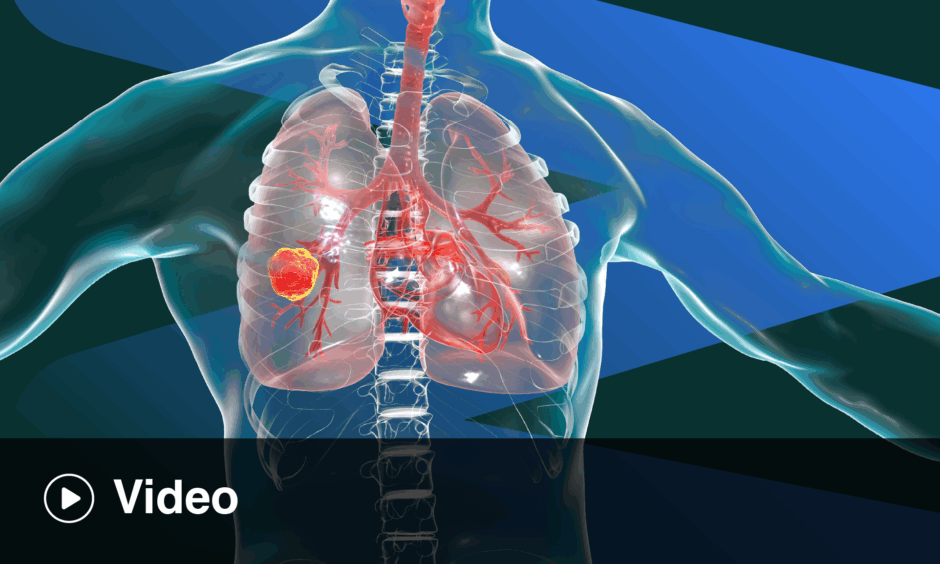A DECADE-LONG follow-up study has found that allergen immunotherapy (AIT) delivers sustained clinical benefits for patients with local allergic rhinitis (LAR) and may significantly reduce their risk of developing asthma or new allergic sensitisations. The findings provide the strongest evidence to date that AIT has meaningful long-term disease-modifying effects in responders.
The research team followed 66 patients with LAR over ten years. Thirty-two participants formed the AIT cohort; all had demonstrated clinical benefit during an earlier one-year clinical trial of subcutaneous AIT and subsequently completed a full three-year AIT course. A separate group of 34 matched LAR patients who had never received AIT served as the non-AIT comparison cohort. Both groups were monitored for an additional seven years after the AIT cohort finished treatment.
Allergen Immunotherapy Reduces Asthma Risk in Local Allergic Rhinitis
The results showed a clear and sustained advantage for the AIT group across multiple clinical outcomes. Nasal-ocular symptoms improved significantly from the first year of treatment and remained consistently lower throughout the decade. Patients receiving AIT also enjoyed more medication-free days, particularly from year three onwards, suggesting meaningful relief from day-to-day treatment dependency.
Perhaps the most striking finding was AIT’s apparent preventive effect on asthma development. Asthma emerged in 40.7% of patients who did not receive AIT, compared with just 8.0% of those who completed immunotherapy, a fivefold difference. Similar protective patterns were observed for new allergic sensitisations: 38.2% of untreated patients developed new sensitivities identified through nasal allergen challenge, while only 6.3% of the AIT cohort did so.
Lung Function and Quality-of-Life Outcomes in Local Allergic Rhinitis
Lung function, measured via FEV1, improved in the AIT group but declined among controls, further reinforcing the therapy’s long-term benefits. Quality-of-life scores and reductions in emergency visits also favoured AIT, highlighting its broader clinical impact beyond symptom control.
The authors emphasise that these findings reflect outcomes exclusively in patients who initially responded to AIT, reinforcing the importance of careful patient selection. Still, the study provides compelling evidence that AIT not only alleviates symptoms but also modifies the long-term course of LAR, reducing the burden of asthma and allergic sensitisation.
As demand grows for treatments that deliver lasting benefit rather than temporary relief, this decade-long study strengthens the case for AIT as a disease-modifying therapy in appropriately selected LAR patients.
Reference
Testera-Montes A et al. Long-Term Effect of Allergen Immunotherapy in Responder Local Allergic Rhinitis Patients: Symptom Control, and Prevention of Asthma and Allergic Sensitizations. Allergy. 2025; doi:10.1111/all.70153





